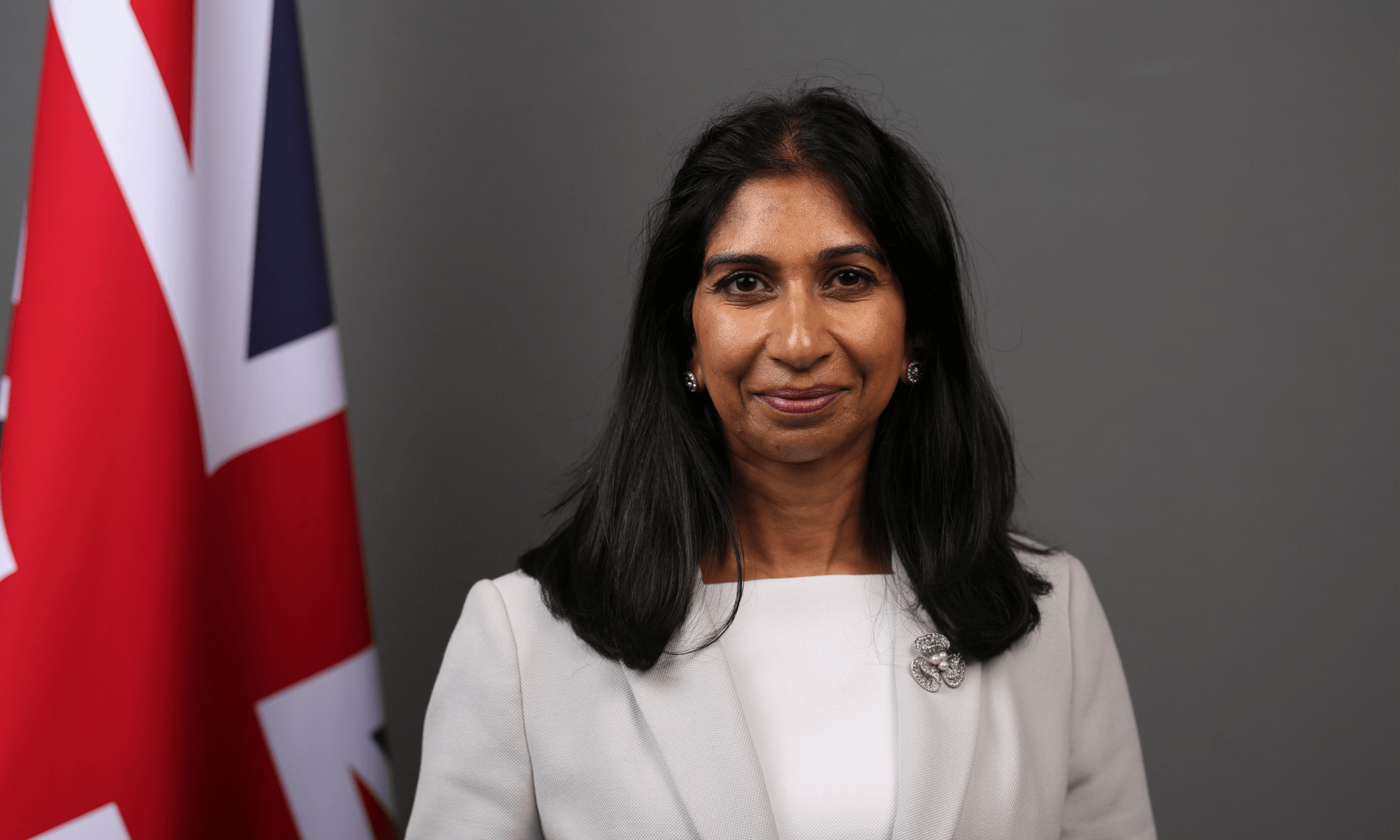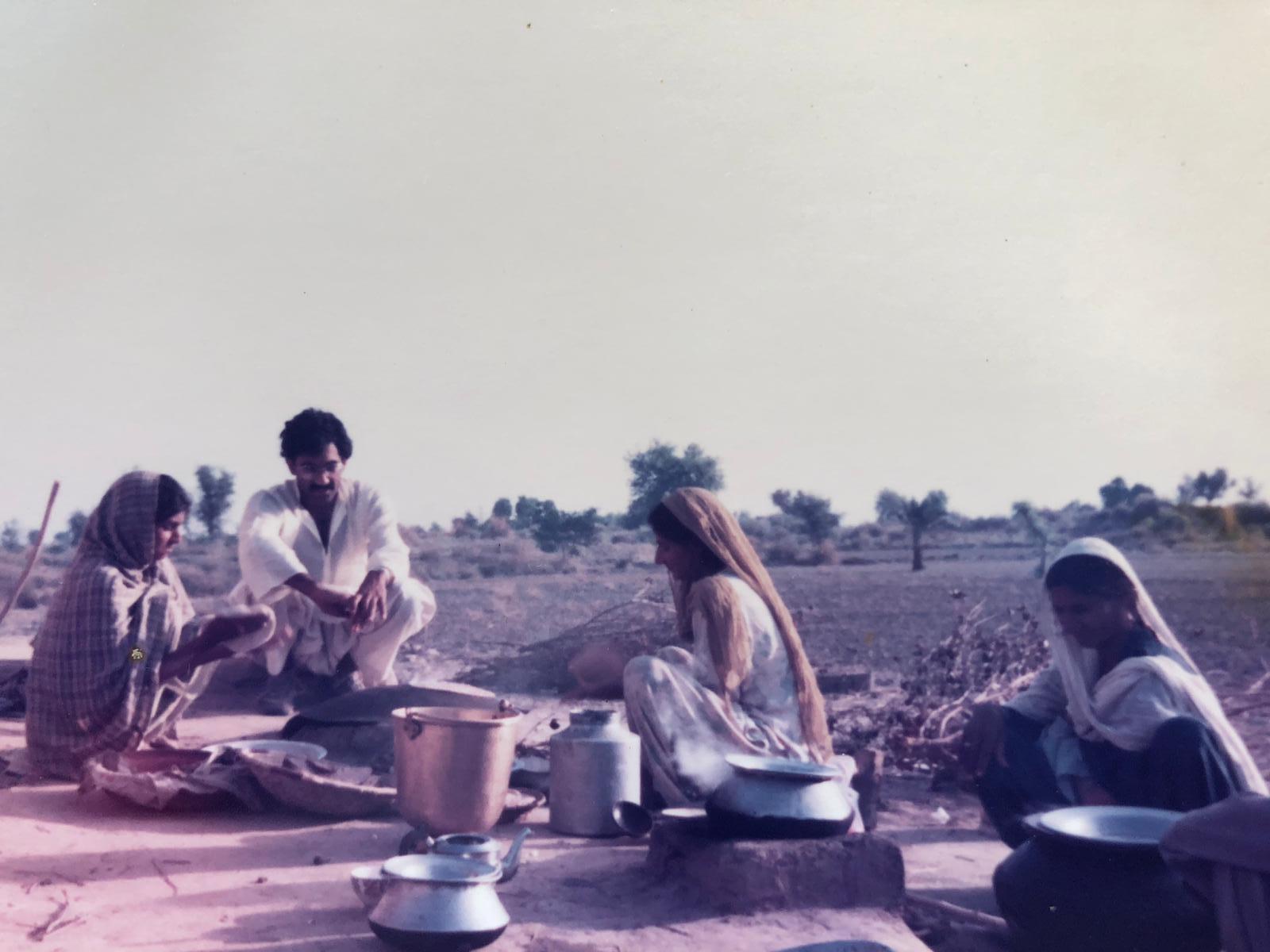
CNN’s recent report on migrants being sold at auction in Libya exposed the brutal realities of migration. From January to September 2017, 105, 418 people reached the shores of Italy departing from Libya. An estimated 2,591 of those who attempted the crossing died. Arrival flows and fatalities of the so-called central Mediterranean route are monitored monthly, but do the atrocities start where we measure them?
Producer Lauren Said Moorhouse and her collaborators travelled to Tripoli to authentify footage of slave auctions they had received earlier this year. Their investigations drew a broader picture of a local slave trade: “The numbers roll in, these men are sold for 1200 Libyan pounds, 300$ a piece…”.
In compliance with a memorandum signed with the EU last February, Libyan coastal authorities have increased security measures along their shores. This has resulted in riskier but fewer boat crossings. Meanwhile, a steady flow of people fleeing conflict, inequality and persecution continue entering a country which has effectively become a dead-end. Predominantly young men from Sub-Saharan Africa, they are now held under inhumane conditions in detention centres. The population of these facilities across the country has nearly doubled since mid-September. Seeking to maintain profit, smugglers in Libya no longer target migrants as potential passengers; they turn them into enslaved manual labour.
Auctions are organised regularly in locations surrounding Tripoli and further south in Gadamis and Sabha. Youths from Nigeria, Mali, and Ghana are sold for day work on farms or construction sites. They can be auctioned several times if the warehouses they live in become overcrowded or because they are unable to afford their crossing. To exit this cycle, the captives must pay a ransom or escape. And all of this occurs under the likelihood of people eventually being deported back to the country where they began their journey.
Slave trade is a crime against humanity, but the impact is most intensely experienced by those who have experienced it first-hand. Smugglers use physical abuse to coercively control migrants, and many survivors report regular beatings, of which they bear numerous scars. Their lack of food or ability to provide for themselves places them in a particularly vulnerable position. Indeed, survivors of slavery or trafficking have usually invested all of their resources into their journey. Having left a country where they felt they did not have any prospects, migrants are being returned to their place of origin with less resources than when they started out, dealing with severe psychological trauma, and having to reconsider their own future in the process.
This information is new to the public but certainly not to major international institutions. In fact, a report by the International Office for Migration (IOM) from April 2017 warns of the existence of “slave market conditions endangering migrants in North Africa”. Earlier this month, the IOM published a survey revealing that 63 percent of 4,712 migrants interviewed on the Central Mediterranean route had been held against their will. 31 percent of them stated that they had been forced to work. The U.N and the E.U remained silent: sticking to their creed of dealing with migration strictly in terms of borders, security and figures. Once again the reality of the situation has been exposed, and yet the political implications of human trafficking are still to be addressed.
Framing migrants as a “burden” allows our institutions to get away with deflecting their responsibilities onto failing states at Europe’s doorstep. Providing safe routes for migrants and refugees is an option, but the EU has ruled it out ideologically. Europe implements policies that prevent people from reaching its borders, and has made claims to asylum unattainable. And in doing so, it deliberately exposes black people to abuse. Consider the chaotic political situation of Libya for example – A predicament which is, coincidentally, incumbent upon the EU, which supported the American intervention in 2011.
“Modern day slavery” is a euphemism. The practice did not suddenly reappear today, it never ceased. While abolition by Western powers has legally constrained slavery, exploitation has continued and its victims remain the same. For example, abolitionists point to Mauritania as just one of the many countries in the Sahara desert that continue slavery – stating that “it is only when the slave lifts their head to speak that the crime is discovered”.
The words of Libyan auctioneers: “This is a digger, a big strong man, he’ll dig…” carry the colonial remnants of their trade – colonial remnants that are vehemently anti-black. However, alongside anti-blackness against migrants from elsewhere in Africa, we must not ignore the continued discrimination of black Libyans who are entitled to the same sense of belonging to Libya as their lighter-skinned counterparts. The parallel experience of discrimination shared by black Tunisians is yet another example of how Pan-African rhetoric in North African countries fails not only to consider historical complicity in anti-blackness but also the oppressive present-day realities faced by Black people in North Africa.
Beside imperialism lies a deep-rooted evil: the devaluation of black lives – and our desensitisation to black death and violence. The racial hierarchy of Libyan society enables the exploitation of young black men. By silencing these atrocities, our institutions prove that this hierarchy transcends time and borders. These men are not considered a waste of potential and human resources for Africa because black lives are granted no inherent value.
The African diaspora quickly reacted to this denigration of blackness. A large crowd gathered in front of the Libyan embassy in Paris under the motto “not for sale”. Artists and intellectuals such as Tiken Jah Fakoly, Claudy Siar and the Afrofeminist collective MWASI called for global mobilisation against slavery and the detention of migrants. But many of us remain silent.
Our shock, if not crystallised into action, is offensive. I ask myself: what conversations am I having at the dinner table to challenge my family members on the naturalisation and internalisation of their anti-blackness? Why do I not ask them to examine the history beyond the term I hear them retort everyday as a derogatory insult: “abeed” عبيد – “slave” – essentially a symbol for anti-black racism among Arabs? I must continue to ask myself how to use my platform as a non-black person of colour; to consider the ways to utilise this relative privilege.
Sure, we are in 2017, but this is the same 2017 that placed a ban on Sudanese and Somali and Yemeni travellers; that defended mass deportations, detention centres and charter flights that take off in the dead of night, and brought with it police brutality that overwhelmingly and disproportionately affects black people, and fails to report black suffering let alone act upon it. The erasure of black refugees comes as a result of our selective solidarity – and we should feel uncomfortable about it.
A demonstration is planned this Sunday in London to show solidarity with the victims of slavery and mobilise against anti-blackness.

Britain’s policing was built on racism. Abolition is unavoidable

How Pakistan’s Khwaja Sira and transgender communities are fearing and fighting for their futures

Their anti-rape performance went viral globally. Now what?






